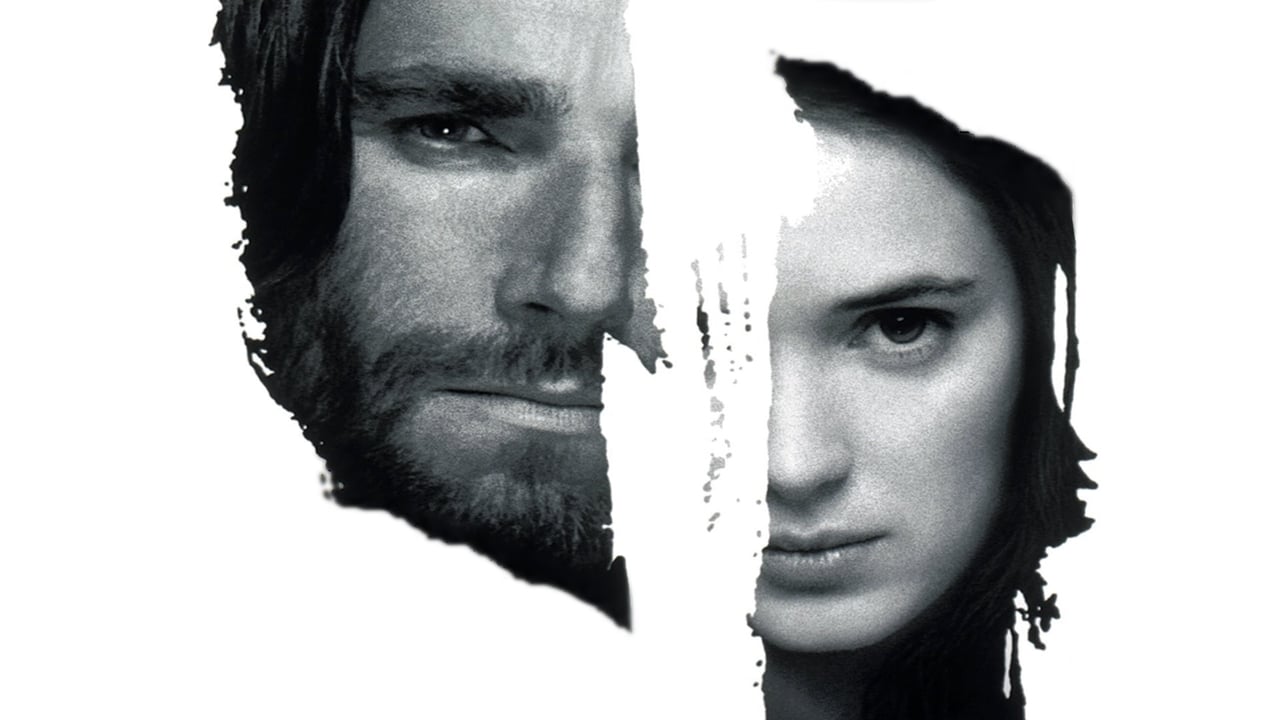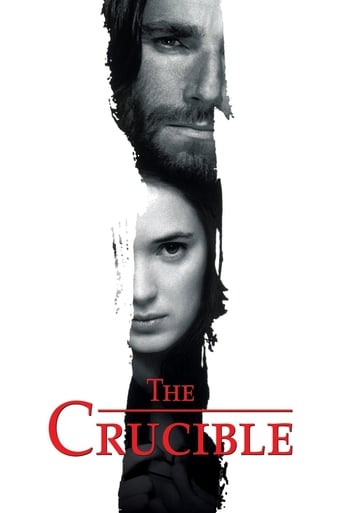

Even though this movie was from 1996, I had never before viewed it until now (2018). Very well done, interesting subject, but I will say we had to enable the English Subtitles because some of the verbal dialog was mumbled and hard to decipher...
... View MoreOne of the classic theatrical dramas is from a modern playwright whose Broadway credits are the types of stories that creates legendary theatrical experiences. I've seen two stage versions of this brilliant play (only just over 60 years old) and every ounce deserving of classic status.This is a story of the lusts that tear young women apart, so in love that they turn to the dark arts to get the man they want. Rumors of witchcraft spreads through the small village (where a ton of locales seem to congregate), and events which they do not understand they blame on the powers of the darkness and set out to destroy anyone and everyone who may have helped raise the level of evil. From gossip comes paranoia. From that comes injustice, and from that comes unjust executions while the young girls, as lead by the determined Winona Ryder, desperately try to keep each of the names clean, even at the expense of somebody else's life.The seemingly quiet but vindictive Ryder has intense feelings for farmer Daniel Day Lewis, secretly flattered but determined to remain faithful to his wife (Joan Allen). Easy to blame is African servant girl Charlaine Woodard (treated with disrespect even though she's presumably a paid servant, not a slave. The tension explodes thanks to the malicious flapping of the tongue, even striking down Rebecca Nurse (Elizabeth Lawrence) whose reputation for compassion and good deeds is known way past the town. By the time this occurs, the girls are all twittering like attacking birds.With a modern retelling but every inch in the era of the real Salem witch trials (1692), it is a reminder that early colonial America suffered from many of the same hypocrisies that caused the Europeans to flea to a new world in the first place. This is outstanding in practically every detail, an issue that still rings true today.
... View MoreI started watching the movie without even knowing that it was based on Arthur Miller's 1953 play, but it all seemed quite theatrical, in a good sense. Although Miller changed some facts in his play, all the people who are portrayed in it were real accusers, "witches", reverends and judges during the Salem Witch Trials... Sometimes I have to say that I found the direction was quite...boring in a way, but all in all it was a movie to remember. I really do wonder though why The Crucible is a movie that Daniel Day- Lewis and Winona Ryder is not remembered for since they both were captivating.
... View MoreThe Crucible Without the witch trials, Salem wouldn't be able to exploit the hanging of innocent citizens for profit.But as this drama depicts, they happened, so fridge magnets are perfectly respectful.In 1692, the single women of Salem assemble in the forest and cast love spells on their crushes.One such witch is Abigail (Winona Ryder), a former nanny to Elizabeth Proctor (Joan Allen), whose unfaithful husband John (Daniel Day-Lewis) now bares the brand of her blood-bound enchantment.Later, the girls are accused of witchery. But Abigail convinces them to feign possession, brought upon them by townsfolk who practice the dark arts.The accused, including Goody Proctor, are then tried for sorcery.Based on Arthur Miller's prominent play, this well-acted, all-star adaptation adheres to historical accuracy amid an adulterous love triangle that tests one man's newfound fidelity.As for avoiding the gallows, just get a witch doctor to declare you insane.Yellow Light vidiotreviews.blogspot.ca
... View More